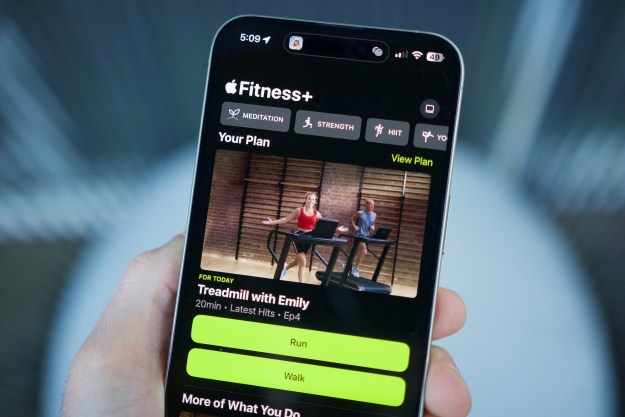
The settlement, which Lyft agreed to this January, would have given the drivers listed in the class-action lawsuit several benefits aside from the financial payout, including a requirement that Lyft issue warnings when drivers are about to be deactivated, and that the ride-sharing service pay arbitration costs whenever there is an employment-based dispute between a driver and the company. However, the settlement did not bar Lyft from continuing to classify its drivers as independent contractors, rather than full-fledged employees.
What irked U.S. District Judge Vince Chhabria, and what led to him denying approval of the $12.5 million settlement, was its raw insufficiency. He concluded that the settlement grossly undervalued the drivers’ claims and that the settlement “shortchanged” them. This conclusion coincides nicely with a recent report that found that Lyft would have to fork over $126 million in reimbursement expenses over four years if the company was required to classify its drivers as employees.
Judge Chhabria separately addressed the Teamsters Union and Lyft drivers’ argument for employee classification, finding that there were “good arguments” made and that those arguments would be “best directed to the legislative or executive branches.” Both parties also filed a motion to intervene in the lawsuit.
As one could probably imagine, Lyft isn’t too thrilled with Judge Chhabria’s decision. “We’re disappointed in the preliminary ruling,” said a Lyft spokesperson. “We believe we reached a fair agreement with the plaintiffs and are currently evaluating our next steps.”
Teamsters international vice president and president of Teamsters Joint Council 7 Rome Aloise was on the opposite end of the emotional spectrum. “We are pleased with today’s ruling,” said Aloise. “We are hopeful that Lyft drivers will get more of the money that they deserve thanks to our objections in this case, and we proudly continue to stand with Lyft drivers who have been misclassified and are seeking justice.”
In others words, we haven’t heard the last of the ongoing drive by Lyft’s drivers toward being classified as employees.

